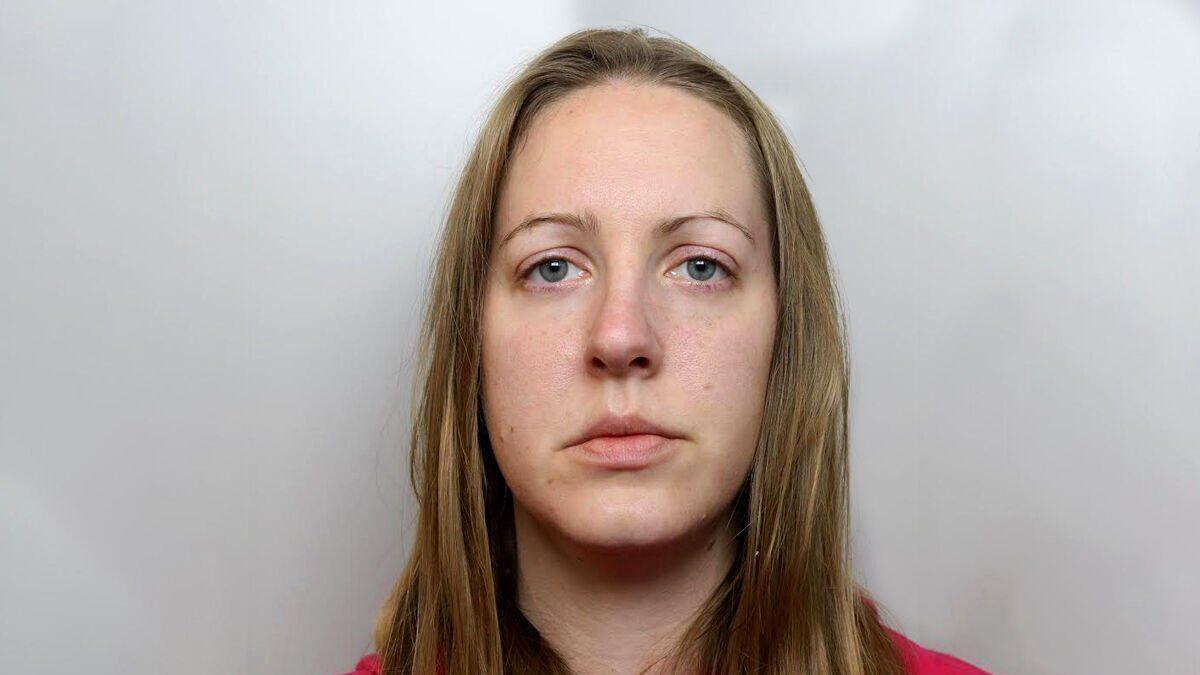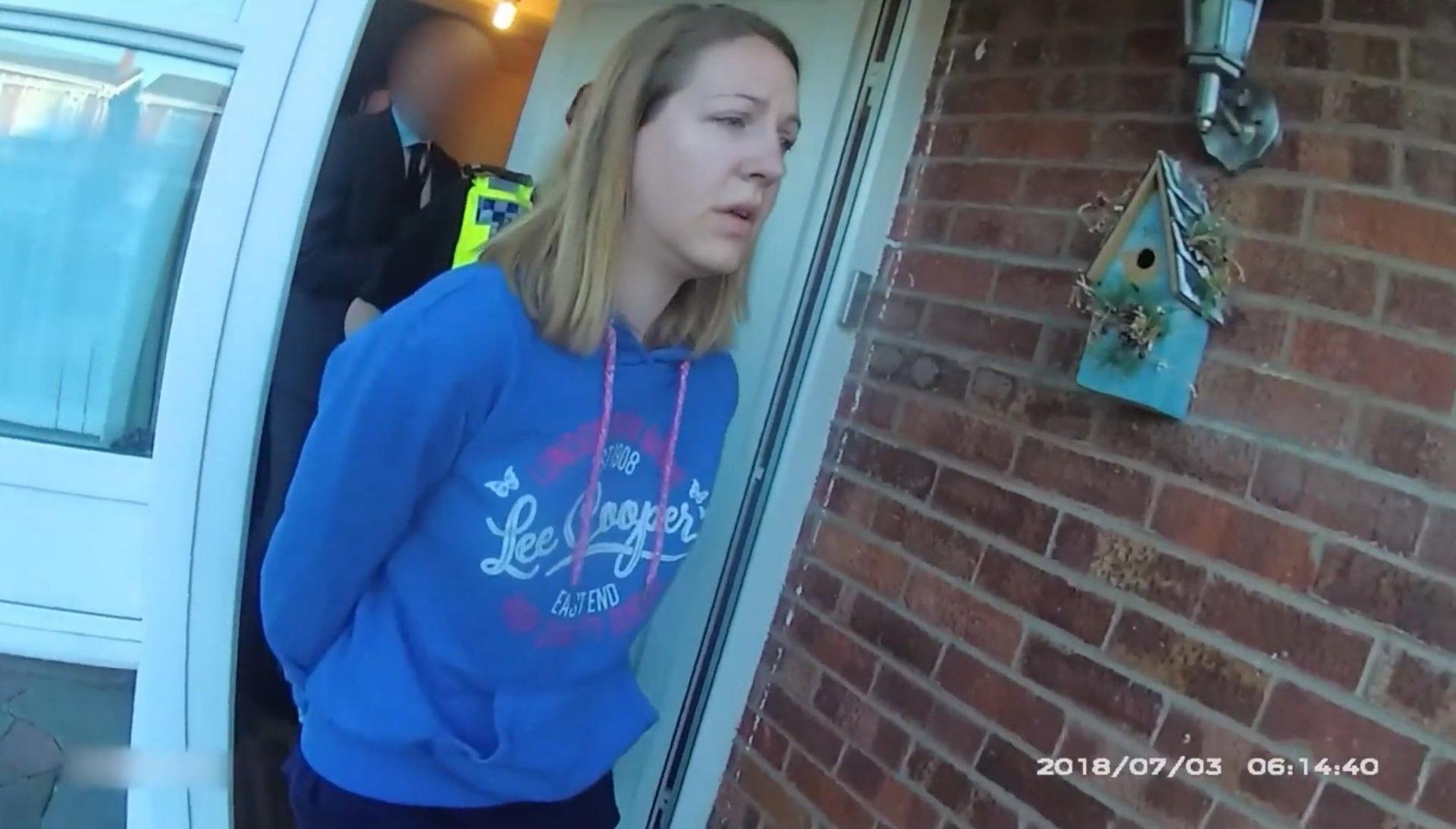NHS systems to weed out murderers 'underdeveloped'

Lucy Letby was convicted of killing seven babies between 2015 and 2016
- Published
The NHS has "under-developed" systems to deal with people making the most serious accusations against staff, the public inquiry into Lucy Letby's crimes has heard.
Professor Mary Dixon-Woods told a hearing that "if someone is suspected of fraud, there is a series of steps that the organisation knows how to take".
But she added: "I'm not sure the same clarity is there in a event where someone is suspected of murder or attempted murder."
The University of Cambridge academic said someone raising concerns about "malevolent acts" may "struggle to be heard".

Lady Justice Thirlwall is chairing the inquiry at Liverpool Town Hall
Letby was convicted of killing seven newborn babies and attempting to kill another seven at the Countess of Chester Hospital between 2015 and 2016.
Prof Dixon-Woods said: "I think the key thing is that we recognise some of the human behaviour that's involved in identifying what may be a very unusual pattern of events.
"And the second thing is that there is a procedure for dealing with this.
“I think our procedures for dealing with these kind of very transgressive and unusual incidents have remained underdeveloped in the NHS.”

Letby was arrested in 2018 after working at the Countess of Chester Hospital
She said people expressing concern "may be met with what's called the credibility gap which was identified in the Shipman inquiry".
That inquiry found GP Harold Shipman had killed at least 215 patients between 1975 and 1998.
"The credibility gap typically appears when the issue at hand is so extraordinarily egregious that it is difficult to believe that someone could have committed it."
Prof Dixon-Woods told inquiry chair Lady Justice Thirlwall that transgressive behaviour was a "rare but distinct class of patient safety risk that needs to be addressed with appropriate strategies" and support throughout the NHS.
She said a doctor who suspected former nurse Beverley Allitt - who killed four children and tried to murder another nine at a Lincolnshire hospital in 1991 - was "initially treated as having fanciful ideas and was not treated seriously".
"Partly this was because there wasn't a recognition that bad apple behaviour can sometimes be the source of problems, because there wasn't a very clear procedure for dealing with it."
Shipman was a 'snake'
The Clothier Inquiry into Allitt's crimes concluded there needed to be more awareness among "those caring for children of the possibility of a malevolent intervention as a cause of unexplained clinical events".
Prof Dixon-Woods also said Shipman was a "snake" who managed to wriggle through holes in patient safety systems before he was finally detected.
Letby, 34, from Hereford, is serving 15 whole-life orders after she was convicted at Manchester Crown Court of murdering seven infants.
She was also convicted of attempting to murder seven others - with two attempts on one of her victims - between June 2015 and June 2016.
The inquiry is expected to sit until early 2025, with findings published towards the end of the year.